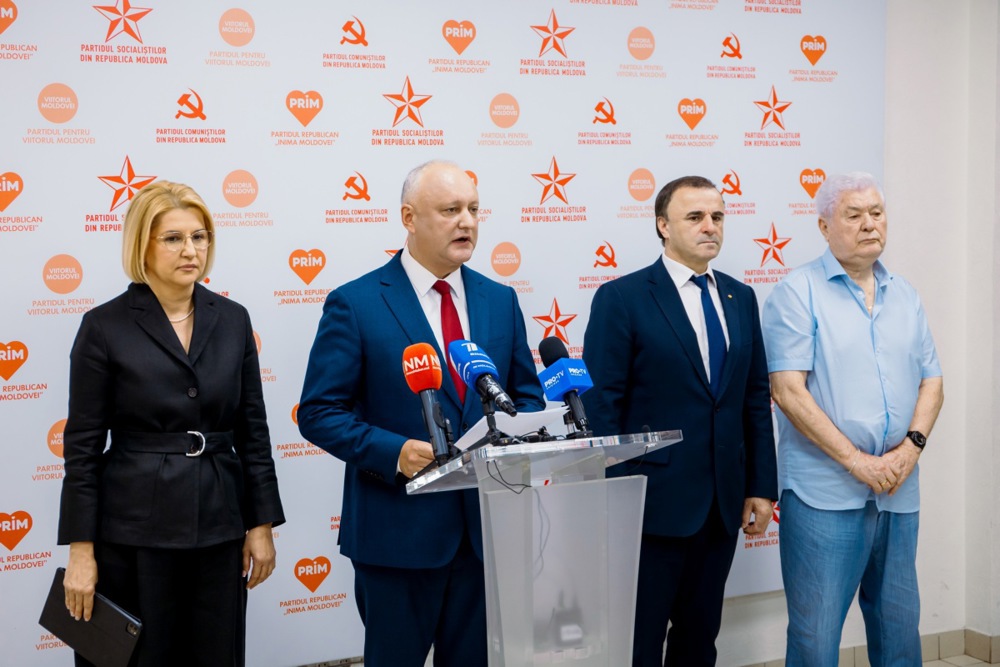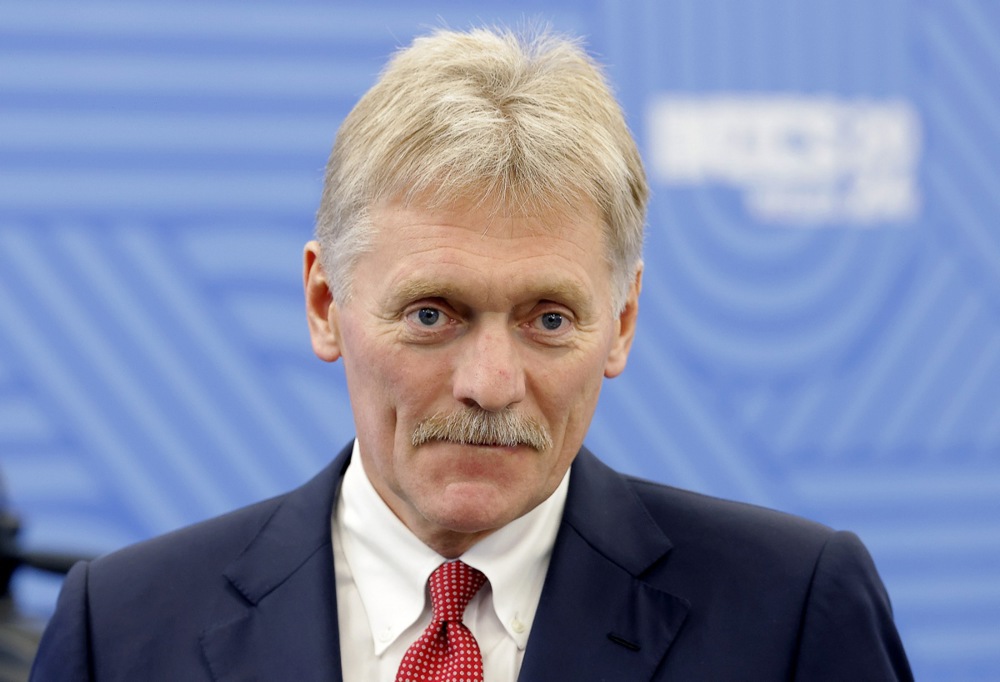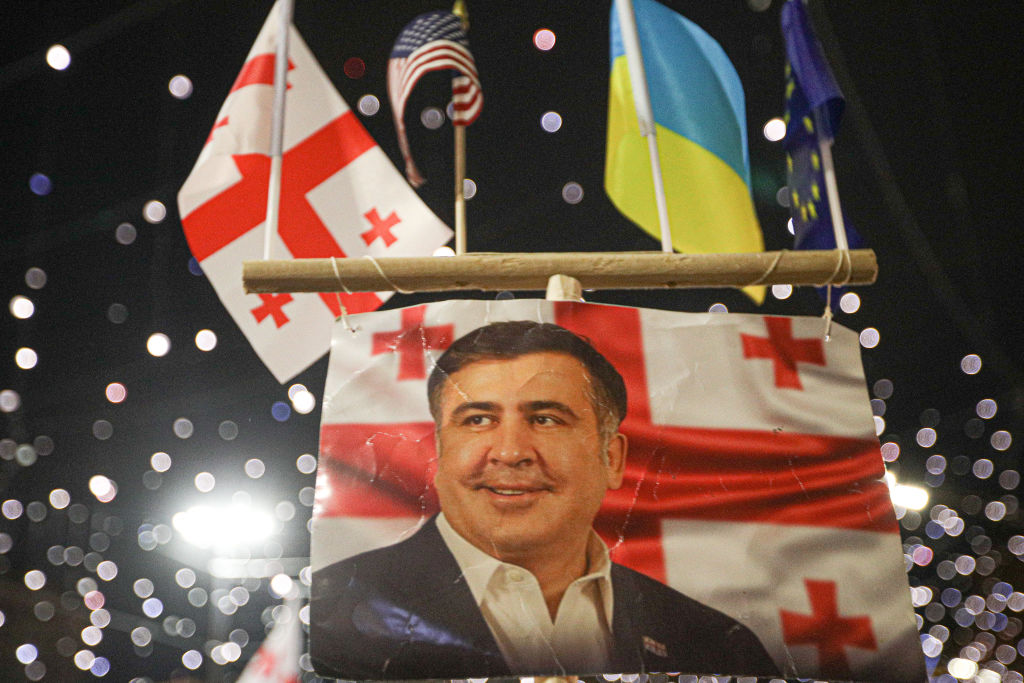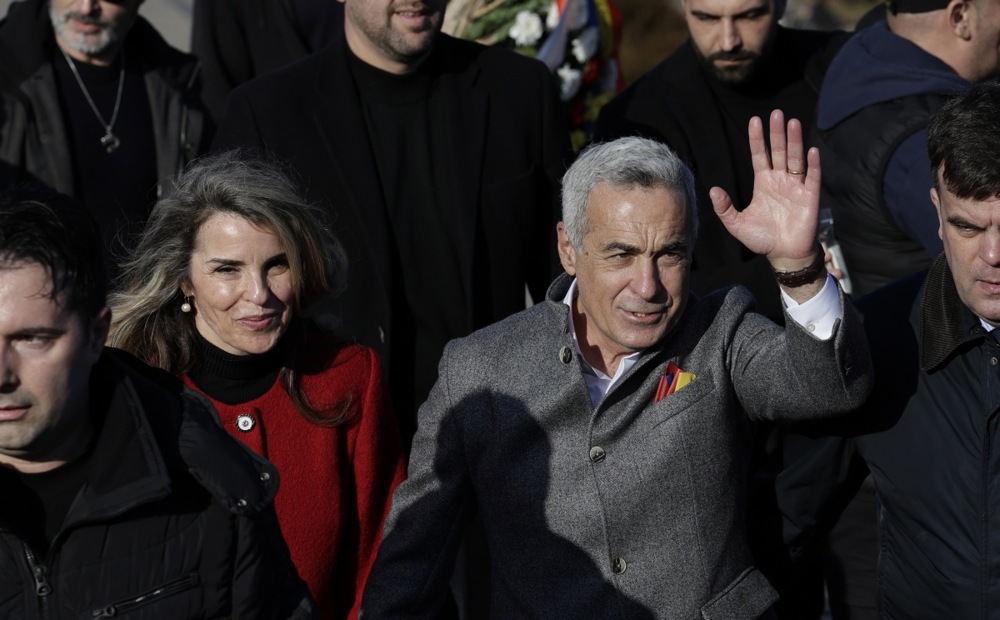Evgenia Gutul, leader of the Moldovan opposition and head of the autonomous region of Gagauzia, was sentenced to seven years in jail for funnelling Russian money to bankroll a now-banned political party.
Gutul was known for her pro-Kremlin stances and reportedly sent undeclared funds to the left-wing Shor party, a pro-Russian group founded by the oligarch Ilan Shor, who was exiled from Moldova and convicted of fraud.
According to the Moldovan prosecutors, Gutul channelled “millions of euros”, reportedly through offshore accounts and hand-delivered cash transfers, into Moldova between 2019 and 2022 to finance the Shor Party.
She was said to have violated the financial management procedure of the electoral fund in elections in the province in 2023.
Gutul was accused of organising the forgery of several documents containing false information about monetary donations made by individuals during her election campaign.
Authorities also accused her of helping to organised anti-government protests in the autumn of 2022.
She was detained at Chisinau airport on the night of March 25 while trying to leave the country.
The prosecutors had demanded a nine-year sentence for Gutul.
She was also banned from leaving the country, the prosecutors declared.
Another pro-Russian politician, Alexei Lungu, was also banned from leaving the country in March. Additionally, two pro-Russian lawmakers who were accused of corruption disappeared in the same month. All suspects were reportedly connected to Ilan Shor.
Gutul has been highly critical of Moldova’s pro-European policies and made multiple visits to Moscow, meeting top Russian officials.
She denied any wrongdoing and said that the accusations against her were orchestrated by Moldovan President Maia Sandu.
Reacting to the verdict, presidential spokesman Dmitry Peskov said: “The authorities of Moldova are persecuting any political opponents who advocate for building the country’s relations with Russia.
“This is clearly an example of a politically motivated decision,” Peskov told reporters.
“All political forces advocating for the development of relations between Moldova and Russia are now in fact subjected to unlawful persecution,” he added.
“We’re witnessing the systematic suppression of the opposition in Moldova, effectively depriving people of the right to vote for their preferred candidates. It’s evident that democratic norms and principles are being consistently violated in the country,” Peskov concluded.
Dorin Recean, Moldova’s Prime Minister, said the verdict was “the result of an independent judiciary operating in accordance with the rule of law” and insisted that no one was above the law.
“This case was about illegal financing from a foreign state,” Recean told reporters. “It is not about silencing dissent. It is about protecting Moldova’s constitutional order.”
Gutul was already on the European Union and US sanctions lists, accused of wanting to destabilise Moldova.
The latest ruling followed Sandu’s recent accusations against Russia, alleging a planned “unprecedented” interference campaign in Moldova’s upcoming parliamentary election on September 28, where the PM’s Party of Action and Solidarity’s (PAS) majority seems on the line.
“The Russian Federation wants to control the Republic of Moldova from autumn onwards and is preparing unprecedented interference in the September elections,” Sandu told a press conference in Chisinau, Reuters reported on August 5.
Four pro-Russian parties will form a political bloc in the upcoming elections. Their primary objective was believed to be to unseat the current government, which is committed to achieving EU membership for Moldova by 2030.

Sandu specifically highlighted Ilan Shor, the exiled leader of the Shor Party currently residing in Russia, as the mastermind behind a “criminal group” allegedly involved in vote-buying and inciting political unrest.
According to the Moldovan Government, Russia would use information manipulation, cyber attacks and paid protests in the upcoming elections.
“Funding of approximately 100 million euros is planned through cryptocurrencies alone,” Sandu said. She did not offer evidence for her accusations.
In 2014, Ilan Shor played a pivotal role in the Moldovan bank fraud scandal, a financial heist that saw approximately $1 billion (€866 million) syphoned out of Moldovan banks through fraudulent loans.
That resulted in a staggering total loss equivalent to 12 per cent of Moldova’s GDP.
The scandal’s repercussions were far-reaching, leading to the arrest of former prime minister Vlad Filat and causing significant economic and political turmoil in the country.
Filat received Russian citizenship in 2024.
Moldova has also accused Russia of interfering in the presidential elections and the referendum on EU membership held last year. Moscow has rejected those allegations.
Gagauzia, a region in southern Moldova, is home to approximately 140,000 people and is characterised by its predominantly Russian-speaking, ethnic Turkic population.
Historically, this area was integrated into the Moldavian Soviet Socialist Republic (SSR), a period during which it experienced extensive “Russification”. This process significantly reinforced Gagauzia’s cultural and linguistic connections to Moscow.
After Moldova’s independence in 1991, Gagauzia was granted enhanced autonomy in 1994. This has led to frequent tensions between the region and Moldova’s central government.
Moldova’s pro-Western incumbent Maia Sandu has claimed victory after the closely-fought presidential election on November 3, defeating Alexandr Stoianoglo, her rival backed by the traditionally pro-Russian Socialist Party. https://t.co/aAALUoD8sZ
— Brussels Signal (@brusselssignal) November 4, 2024





